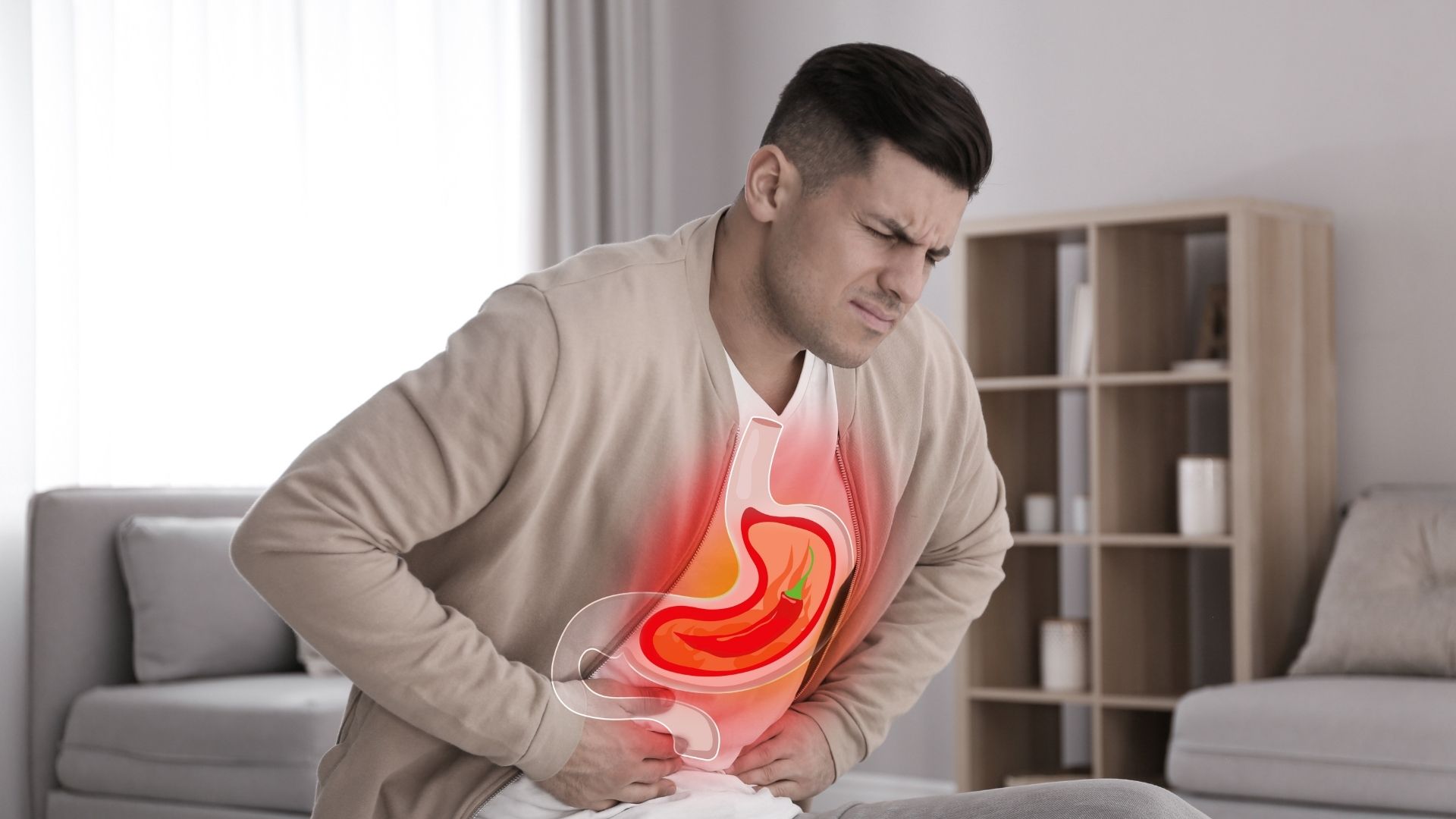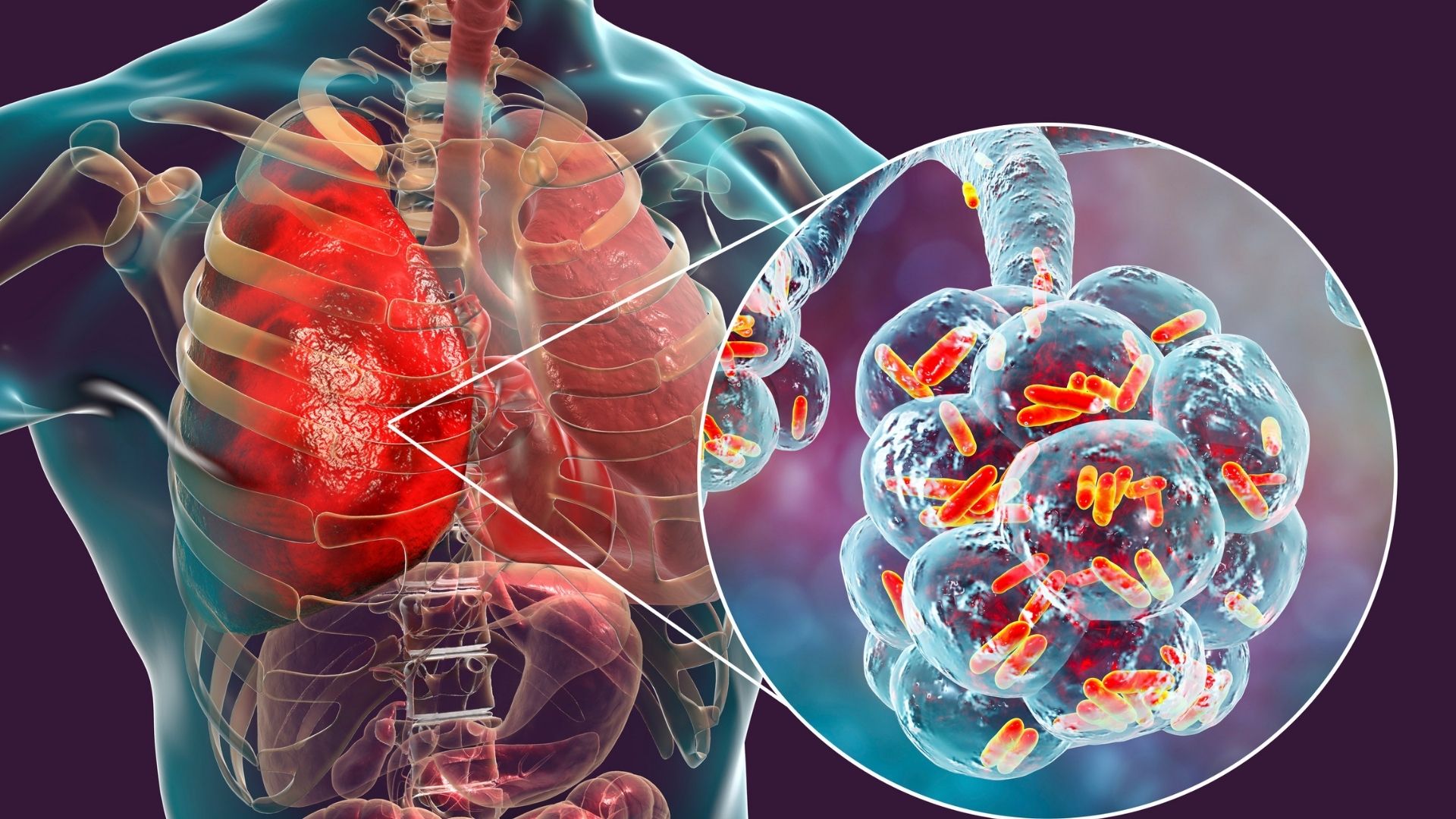General Information About Kidney Stones
The kidneys are vital organs that remove waste materials from the body to sustain life. They also filter certain substances that are essential for the body and maintain their proper levels. However, when these complex mechanisms in the kidneys break down, kidney stones can form.
Although there is no clear explanation as to why kidney stones form, it is thought to be caused by a number of factors. These factors may vary from dietary habits to genetic factors, from geography to gender.
Kidney stones, which sometimes remain in the body for a long time without causing symptoms, can occasionally fall into the urinary tract and cause severe pain.
The causes of kidney stones can be the following:
Mineral Balance Disorders: Most kidney stones are calcium oxalate stones. In addition, stones due to infections, uric acid stones, cystine stones and calcium phosphate stones can also be seen. Disruption of the mineral balance in the body may be effective in the formation of these stones.
Dietary Habits: Dietary habits may increase the risk of kidney stones. Inadequate fluid intake, high animal protein consumption, excessive sodium intake, excessive use of refined sugars, excessive consumption of foods such as coffee or cocoa can increase this risk.
Urinary Tract Infections: Urinary tract infections can trigger kidney stone formation. Structural problems in the kidneys, certain medications and genetic factors can also be effective.
Symptoms of patients with kidney stones may include
Pain: The most common symptom, kidney stone pain can present as severe flank pain.
Pain when urinating: A feeling of pain while urinating may also be experienced.
Blood in the urine: Kidney stones can cause urinary tract bleeding.
Nausea and Vomiting: Nausea and vomiting are also common symptoms.
Frequent Urination: The need for frequent urination may increase.
Small Amounts of Urine or Difficulty Urinating: The amount of urine may decrease or urination may become difficult.
Fever and Chills: Some patients may experience fever and chills.
Asymptomatic Stones: In some patients, kidney stones may be diagnosed incidentally without any symptoms.
Kidney stones are diagnosed based on the patient’s history, physical examination and various imaging tests. Urinary tract radiography and ultrasonography can be used to detect kidney stones. Urine analysis can help identify urinary tract infections or bleeding conditions. Blood tests can be important in determining the type of stone and underlying causes.
The treatment of kidney stones depends on the size and location of the stone and the patient’s symptoms. Some small stones may pass on their own, but large stones or severe pain may require intervention. Treatment options may include medication, surgery and methods to break up kidney stones.
Also, in the case of recurrent kidney stones, it is important to identify the underlying cause. If there are metabolic or hormonal problems, treating these problems can help prevent kidney stones.
Kidney stones are a problem that can cause serious disorders in the body. With early diagnosis and appropriate treatment, this problem can be overcome. Healthy eating habits and adequate fluid intake are important to maintain kidney health.



